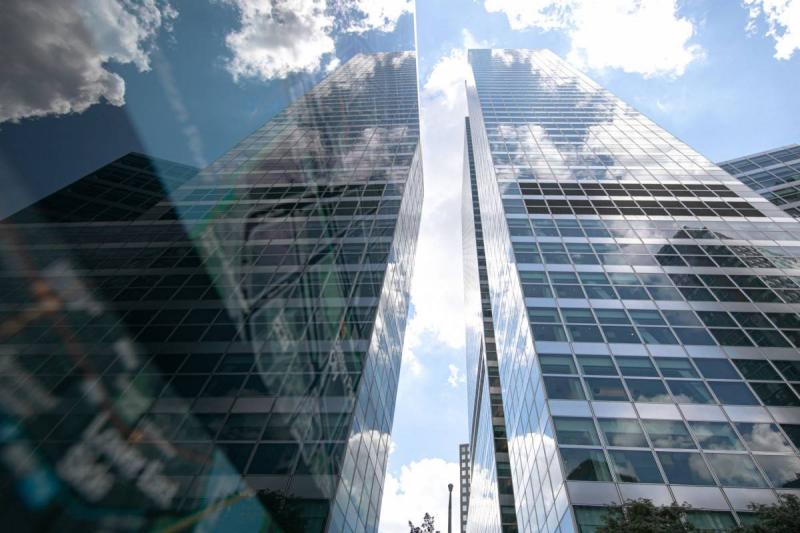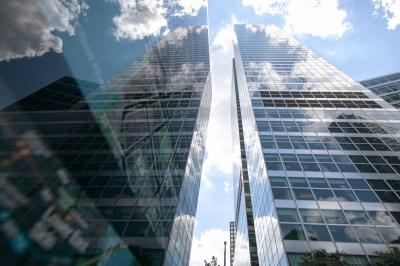The news we have been seeing is filled with various stories about employees returning to their offices this summer, and you may be experiencing this too. In reality, what the pandemic experience has most clearly demonstrated to people is that the business structure is not just a habit but rather a culture. While the former follows a flexible model combining working from home and offices, the latter is bound exclusively to working from their offices. Younger employees are worried about the difficulty of building skills and relationships while working remotely. Working parents feel less enthusiastic about returning to their commutes and complex schedules as before the pandemic, especially after experiencing the flexibility of remote and hybrid work during the outbreak.
**Climate Imposes Itself**
Just as companies were forced to completely rethink their culture after experiencing the shock of working from home caused by the COVID-19 pandemic, these companies are also taking climate change issues more seriously. While the pandemic might have caused climate priorities to take a backseat, what actually occurred instead was a record year in 2020 for the spread of clean energy, electric vehicle sales, corporate net-zero commitments, and sustainable financing. Although the global climate may not adequately reflect the shocks, the commitments of the business world to improve it have not either.
**Board Members**
Considering this, I believe that companies are still far from addressing the impact of their operations on the climate and the impact of the climate on their operations. Earlier this year, my colleague Tim Quinson highlighted research conducted by Tensie Whelan, a professor at NYU’s Stern School of Business. The research addressed the small number of corporate board members with backgrounds related to environmental, social, and/or governance issues. I recently reread Whelan’s research, particularly to investigate their backgrounds in environmental expertise, and the data was quite bleak.
**Executive Backgrounds**
In April 2018, among the approximately 1,200 board members of the top 100 companies according to Fortune magazine, only 5% had expertise in workplace diversity. Meanwhile, 2.6% had experience in accounting supervision, and barely 1% had any experience in energy or conservation. These were the two highest-rated categories in Whelan's study. Additionally, only 0.3% of corporate board members had experience investing in environmental, social, and governance issues, and 0.2% had climate-related expertise.
However, there is no doubt that the recent change in the board of Exxon Mobil Corp, which included the appointment of two board members with climate expertise, will significantly change these numbers. Nevertheless, the fact that appointing two board members with this background in a single company would effectively change the number of climate-qualified board members is a sign of its own rarity.
**Cultural Shift**
If this happens, the introduction of climate knowledge to the board level will represent another cultural shift for the corporate giants of the world. This is significant because it almost certainly means bringing in new board members. These individuals are likely to be younger, more academically oriented, more experienced in entrepreneurship, and have greater knowledge of the foundations of the success of climate technologies that are still in the early stages of development, compared to the current seasoned board members or semi-retired business leaders.
In fact, this will create a challenge, as boards typically do not include climate scientists who are under the age of 40. This is simply because these boards usually do not contain many scientists or individuals from that age group.
**Bold Decisions**
However, if companies are to prioritize climate, they must be bold about it. Change begins to meet new necessities by changing leadership first, whether the change is driven by the pandemic, technology, or climate. Speaking about workplace changes post-pandemic also applies to climate changes.
Recently wrote about Steven Sinofsky, a veteran technology executive and observer of its biggest companies: “This is what disruption looks like,” he said, adding: “Change begins slowly at first, and then suddenly very fast. It becomes impossible to imagine a different way of doing things. Yet we end up doing things in a completely different way. Expect a whole new way of working.”
If addressing climate change is inevitable, integrating it at the highest levels of global business is also imperative. This means that boards in companies must be ready not only for a completely new way of working but also for a completely new group to join the table.




